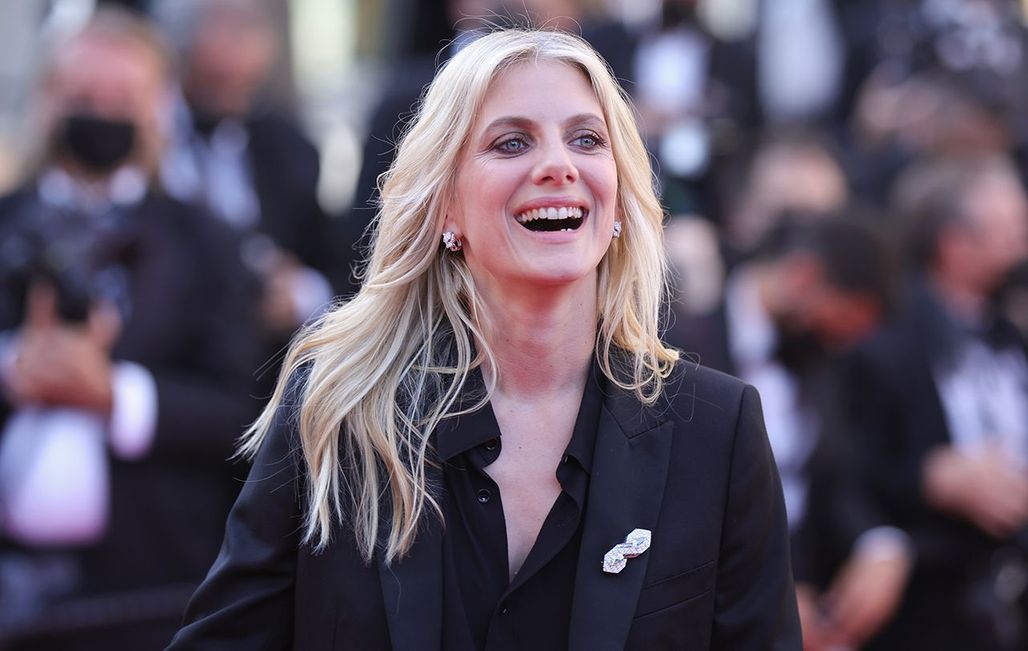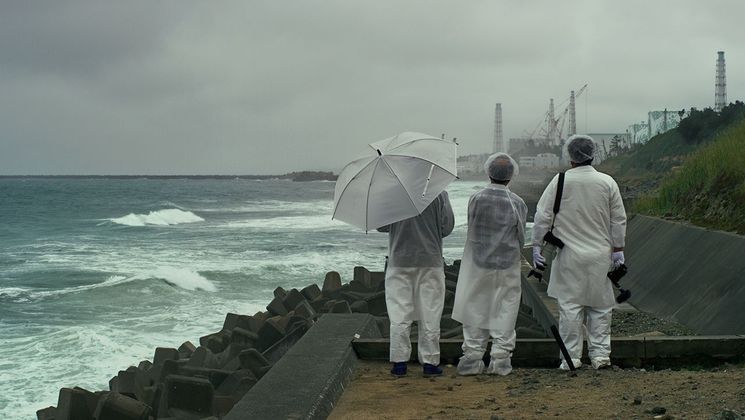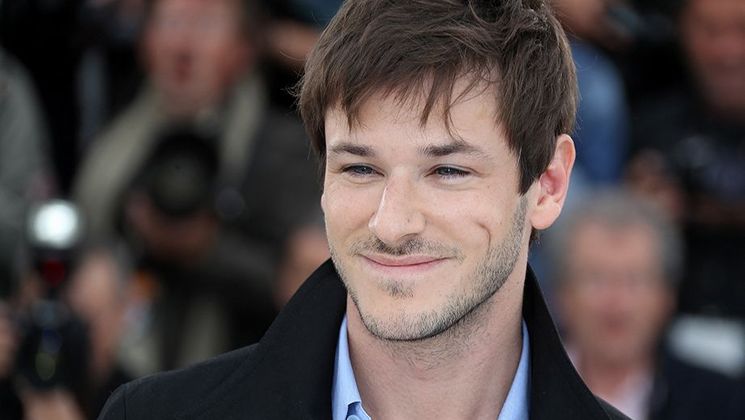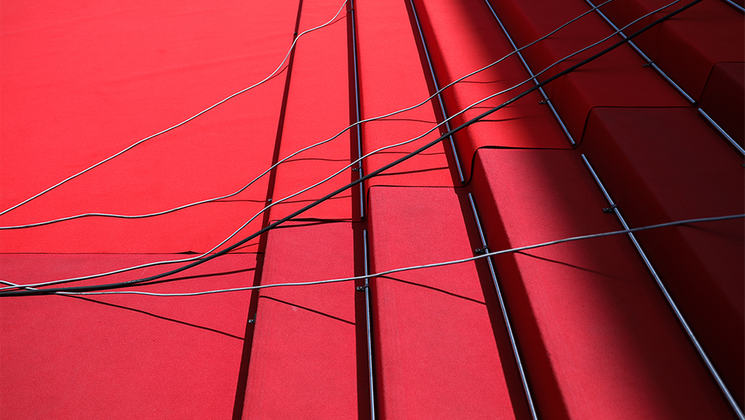
Interview with Mélanie Laurent, member of the Feature Film Jury

She approaches her roles instinctively, learning the lines, waiting until the last second and letting herself be carried away by the word "Action". Actor, screenwriter and director Mélanie Laurent has just added a new string to her already impressive bow: Jury member of the Festival. Interview.
You have been on the Jury for this edition for almost a week, what kind of President is Spike Lee?
Spike is very conscientious, he has a huge respect for women. We feel very respected in this Jury, it is always the women who speak first, with real speaking time. We meet regularly, so that we don't talk about the 24 films at the last minute.
How do you interpret the role of Jury member: as an actor, a scriptwriter or a director?
You inevitably look at them with a slightly distorted eye. There are actresses who touch me more because I tell myself that what they are doing is almost impossible, certain camera movements intrigue me more than others… But on the whole, I think I succeed in being a spectator, in seeing films as a whole. I try to be open and not analyse too much.
“I want to move towards something extremely instinctive: I like something, or not. I feel something, or not…”
There is inevitably a political dimension too, some films can upset us with their message, we wonder if this message can contribute something to the world and, if so, we put aside what we may have felt in order to emphasise a message. Sometimes it's the substance rather than the form.
What are you learning from the discussions in this Jury?
I'm learning that it's difficult because when you like a film and it touches something inside you, you feel unhappy when you hear someone think the opposite. It's hard not to feel impressed in front of these great film lovers, to always find the right words to express what you felt… We're quick to put pressure on ourselves, even if we all get along very well.
Your fight for the environment is a priority: in concrete terms, what is the impact of a documentary like Tomorrow (Demain, 2015)?
We saw it right away because it's a film that we toured throughout France, with public gatherings. We were very happy to see people wanting to meet locally, to help each other, and to do so in a spirit of joy, because the documentary is essentially positive. When the time came to ask questions after the film, Cyril Dion and I realised that we were actually asked very few questions. People spoke up and said "Thank you for the film, it's great, and what's more…". They sent an immediate message to the audience, like "I live in such and such a street, I have a shared garden: who wants to be part of it?
What sort of character have you never played?
I've never played a politician, a woman who has fought to change things. Those big speech scenes: it must be awesome but very enjoyable to play.
You already have an impressive career: which director would you like to act with?
Women. I haven't done many films with women. I have never worked with Céline Sciamma, Rebecca Zlotowski, Justine Triet, Emmanuelle Bercot… I think there is a very strong women's cinema in France, a cinema that moves me and that has existed for a long time, not a cinema that has just arrived because it's a hot topic right now. It was already there, with a high level of demand. These are women who write beautiful stories and who film people well, and not only women.
What is your next project?
I don't know yet exactly what medium I'm going to use, whether it will be a two-part feature film or a mini-series, but it will be the story of the pioneering feminist cosmetic surgeon Suzanne Noël, and I'm going to play her. She repaired broken faces during the First World War, transformed Jewish faces hunted by the Gestapo during the Second World War, and found a way to remove the tattoos of concentration camp victims. She had created a real feminist club by seeking out powerful women in all countries. She wanted to give a voice to all women because she realised that the men of the world were meeting among themselves to take all the decisions. She was one of the first to refuse to pay taxes. She said she would not pay them because the state did not recognise her for what she did. She changed the lives of many people.


